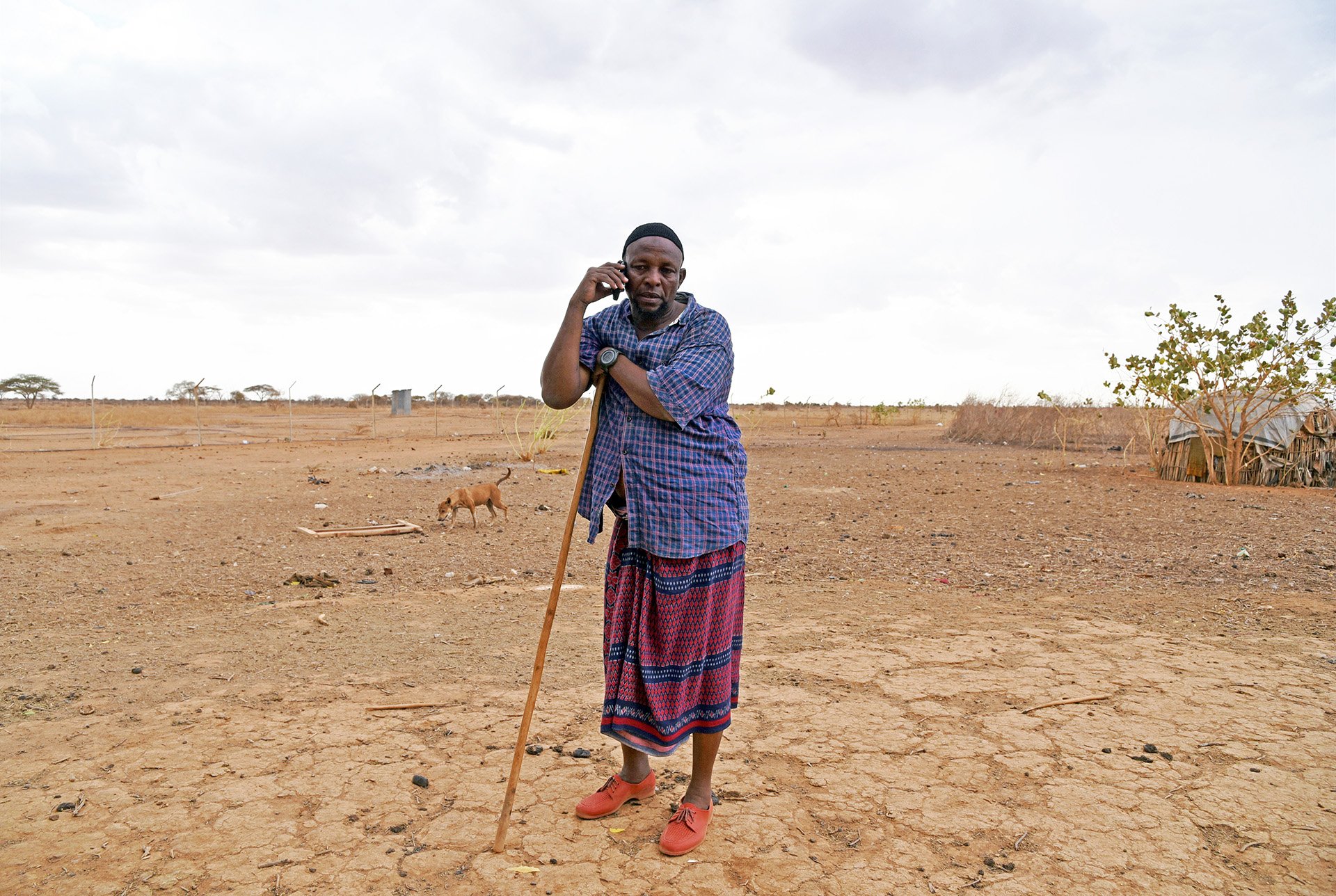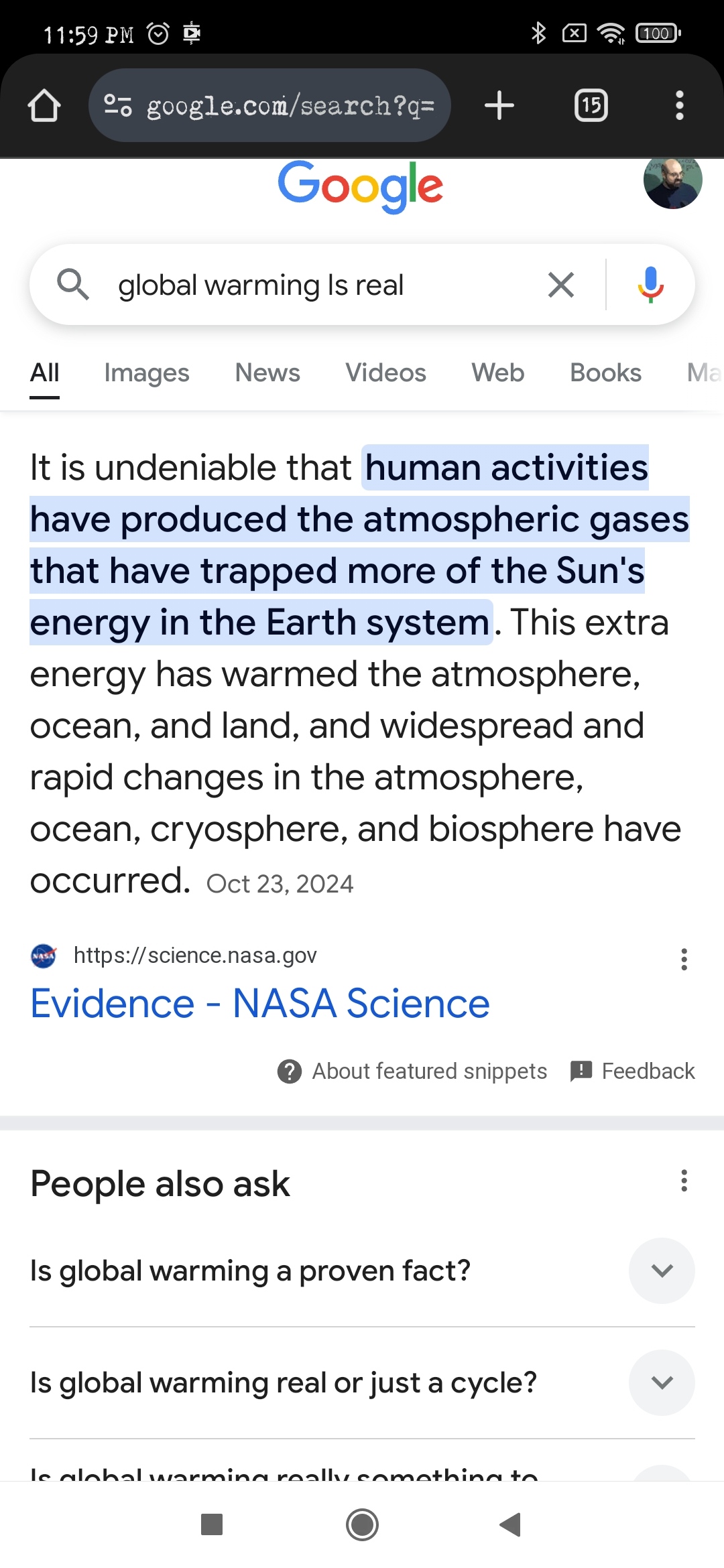The 2020–present Horn of Africa drought is an ongoing drought that hit the countries of Somalia, Ethiopia, and Kenya. The rainy season of 2022 was recorded to be the driest in over 40 years, with an estimated 43,000 in Somalia dying in 2022.
Wiki search about drought in Africa

An unquenchable thirst to discover the truth sent the Utopian! to Africa to speak to some regular normal everyday working stiff another day another dollar type worker who deals with it just because there ain’t no choice but to deal with it.
We visited several places for extended periods of time that actually cost some money because of hotels and restaurants and things like that. At the Utopian!, we never push our expense account. We always live like the locals live. Therefore, the following accounts might actually be a bit grizzly because everyone was in a bad mood for this interview.
Please tell us your name and your story.
My name is Dakarai. I am from Kenya. About 1.7 thousand natural disasters in Africa have been reported between 1970 and 2019, causing over 730 thousand deaths. Droughts were by far the main cause of deaths due to natural disasters, being responsible for 95 percent of deaths. Around five percent of human losses were caused by floods and storms. The key climate change risk for Kenya is from extreme events, in particular droughts and floods. The frequency and intensity of such events is likely to increase because of climate change. They also often lead to adverse knock-on effects, such as soil erosion, land degradation, and pest breakouts.
I do not know what we are supposed to do. We cannot live without money but we have no way to make money and we have no way to grow our own food. There was a time when it was our land and we learned how to live here. But then the northern people came and they wanted to exploit our country for a resources. And now we have nothing and they are still here. They have never gone away and now we are all dying because of them.

My name is Azebo. I am Somalian but I am no pirate. Climate change in Somalia is characterized by recurrent drought and regular flooding which leads to failed crops, loss of livestock and Somalia’s chronic food insecurity. Climate crises threaten Somalia’s socio-economic progress by increasing water and food scarcity, the need for humanitarian assistance, displacement and the degradation of traditional livelihoods.
If you are listening, I will tell you the truth. We don’t believe in economic progress. We don’t want anymore economic progress. The results of economic progress are everywhere we look. The plastic on the street everywhere in every town. The garbage is everywhere from when we transport the plastic from the place where we buy our food with money we do not have to our homes which no longer can support us. We live like, I don’t know what we are. But we have nothing and every year we have less and less and every year they tell us that they will take care of us and they know what to do. It never gets better. It only gets worse.

My name is Jabari. I am from Morocco. Climate change is expected to significantly impact Morocco on multiple dimensions, similar to other countries in the Middle East and North Africa region. As a coastal country with hot and arid climates, environmental impacts from climate change are likely to be wide and varied. Analysis of these environmental changes on the economy of Morocco are expected to create challenges at all levels of the economy. The main effects will be felt in the agricultural systems and fisheries which employ half of the population, and account for 14% of GDP. In addition, because 60% of the population and most of the industrial activity are on the coast, sea level rise is a major threat to key economic forces. Morocco’s average temperatures have increased by 0.2 °C per decade since the 1960s. Morocco is particularly susceptible to heat waves, droughts and floods.
They say that we are most unlucky. We have the most traffic from Europe. We have the most people who come to use us for tourism. So much of our economy is spent taking care of rich people. We live our whole lives learning to be perfect in our clothing. But now we are supposed to understand that when we work at the big hotels, there is no other way. If we do not like our job and all of the positives that come with it, please go and they will find another. We will kill each other for a slice of bread so of course we have no problem being house niggers for rich colonialists.

My name is Mozi. I’m from Sierra Leone. Sierra Leone has extensive natural resources, but these are under pressure from population growth, dependence on biomass for energy needs, water pollution, and environmentally unsound mining activities, leading to high rates of deforestation, increased rates of soil erosion, and occurrence of landslides.
It is funny that you talk to us about climate and not about economics. We are such a popular place to discuss because of our resources. Many many many independent businessmen Love to come to Africa to make use of all of our endless resources. So now, in addition to our problems with communicable diseases, malnourishment, famine and of course the complete and other despair of our spirit because the oppression will never end until they have taken everything from us and we are nothing but dust on the ground.

My name is Taco. I am a Nigerian and I am proud of it despite everything you think of me because I am a clever businessman. The effects of the temperature increase are unbearable for residents, particularly those living in communities hosting gas flare plants. The increase in temperature causes bodily rashes, among other things, and hinders the growth of food crops. The availability of nutrients, plant and root growth, and seed germination are all affected by soil temperature. High temperatures hinder a plant’s regular growth, photosynthesis, and flowering since they do not improve plant physiology.
Rising sea levels, fluctuating rainfall, higher temperatures, flooding, droughts, desertification, land degradation, and an increase in the frequency of extreme weather events are all contributing factors to Nigeria’s changing climate. Forecasts indicate that this will continue to cause significant runoffs and flooding in several locations. Forecasts of the climate indicate that every biological zone will see a notable rise in temperature. Although there is some literature showing the effects of and solutions to climate change, the majority of it concentrates on the farming industry and specific farming locales. Increased focus must be paid to capacity building at the state and federal levels, as well as increased implementation of mitigation and adaptation measures.
I’m sorry if I speak too much. I am known for having a sharp tongue. We were once thought of as the cleverest people. Now we are only an annoyance. Nobody wants to know anything about us except what they can get from us. Well, if this is how to play the game, clever people must adapt, yes? You agree with me, yes? Say yes. Really, it would be good for your soul. Say yes to me. You agree with me, yes?

The search for the truth continues. We at the Utopian! are ready to do our job no matter where it takes us and no matter how little we actually pay for expenses to not go there. We, at the Utopian!, Knowing full well that making use of travel actually aids and abets The very point of what we are talking about, all of these interviews were done over the internet for absolutely nothing but the effort to sit and write down where you got your information from.
With voices from a way too hot sun, for the Utopian! this is Emily Yougotnogarden reporting










